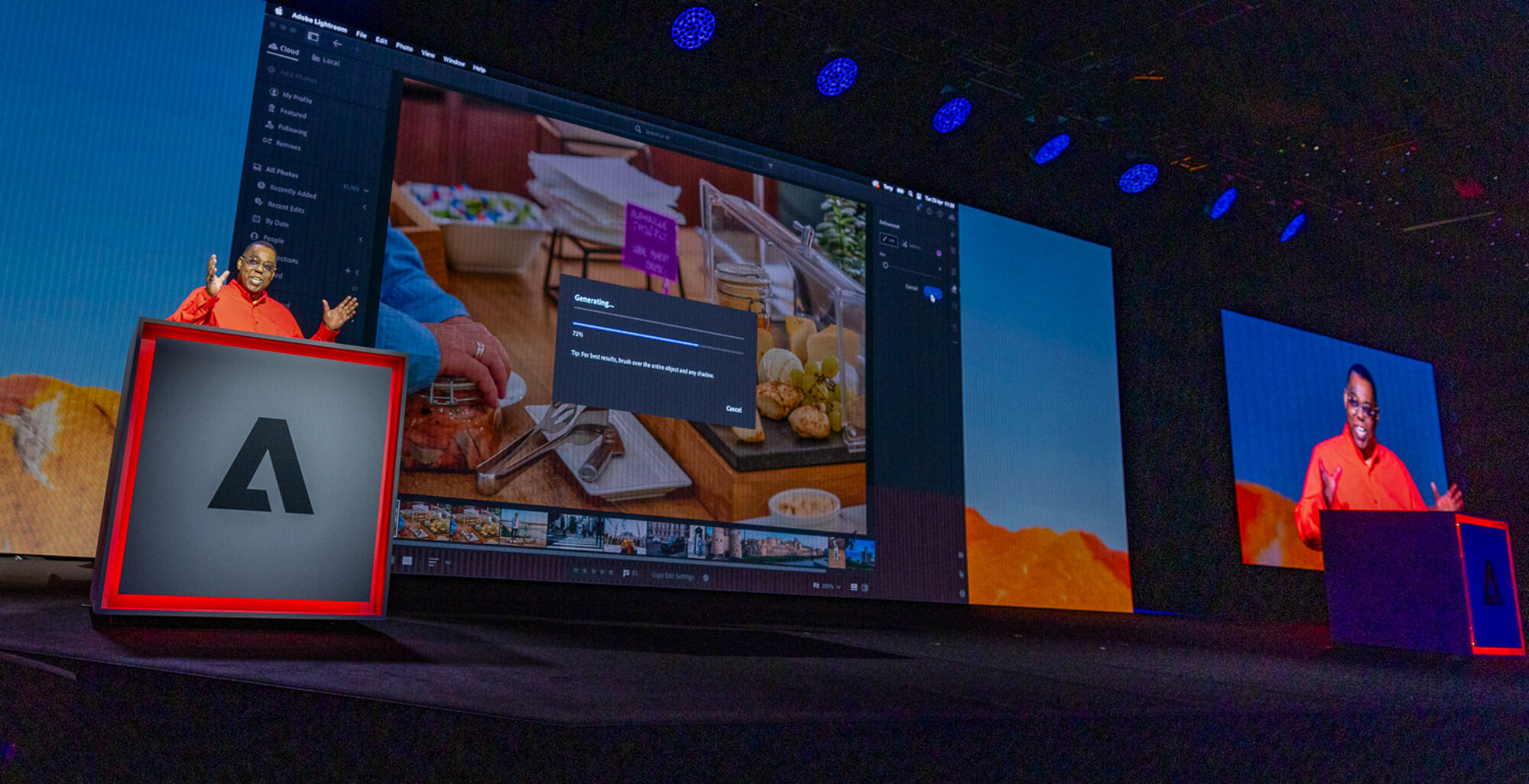Discover Hidden Treasures in the Industry with the Best tech blog Referrals
Exactly How Blockchain Modern Technology Is Revolutionizing Data Safety And Security
Blockchain technology is fundamentally changing the landscape of information safety by presenting a decentralized framework that promises improved openness and durability. Unlike typical systems, which rely upon centralized data repositories, blockchain disperses information throughout a network, minimizing vulnerabilities and single factors of failure. The use of innovative cryptographic methods makes sure that information continues to be tamper-proof, cultivating trust amongst stakeholders and users. As sectors swiftly adapt to this innovation, concerns arise regarding its wider effect and prospective difficulties. What implications does this shift hold for future information security approaches and regulative frameworks? The responses might surprise you (Best tech blog).
The Fundamentals of Blockchain
Blockchain modern technology, an innovative concept in digital data monitoring, fundamentally transforms just how information is kept and safeguarded. At its core, a blockchain is a distributed journal that videotapes deals throughout a network of computers, making sure transparency and immutability.
Key to comprehending blockchain is the hashing procedure, which secures purchase information right into a distinct alphanumeric code. This cryptographic function makes sure that any modification in the deal information results in a totally different hash, consequently safeguarding against tampering. The consensus mechanism, one more essential part, confirms and confirms new transactions with a network of nodes, thereby eliminating the need for a centralized authority.
Additionally, blockchain's append-only framework makes sure that information, as soon as included, can not be removed or changed. This particular warranties a verifiable and permanent record of transactions, fostering trust among individuals. Consequently, blockchain provides a durable framework for data honesty, supplying sectors a trusted technique for monitoring and handling digital details in a safe and secure, clear manner.
Decentralization and Safety And Security
Decentralization, a core concept of blockchain technology, considerably boosts data safety by dispersing control throughout a network instead of depending on a singular, central entity. This distribution minimizes the danger of single points of failing, which prevail in typical centralized systems. By spreading data across countless nodes, blockchain makes certain that even if one node is jeopardized, the entire network stays protected. This redundancy not just strengthens the honesty of the data but likewise raises its durability to cyberattacks and system failings.

Furthermore, decentralization equips users with greater control over their data. Each individual in the network has access to the entire blockchain, permitting them to confirm and audit transactions separately. This transparency promotes depend on among customers, as they do not have to count on a central authority to guarantee information honesty. Overall, decentralization contributes in enhancing information security in blockchain networks.

Cryptographic Methods
At the heart of blockchain modern technology, cryptographic strategies play an essential duty in safeguarding information, guaranteeing both discretion and integrity. Cryptography in blockchain utilizes a combination of symmetric and uneven formulas to secure information, making it accessible just to authorized celebrations.
Hash features are another essential element, changing input information into a fixed-size string about his of characters, successfully developing a distinct electronic finger print for each block. This makes sure that any kind of effort to alter the data will certainly result in a totally various hash, therefore keeping the immutability of the blockchain. Furthermore, electronic trademarks confirm the credibility and integrity of purchases, providing a layer of non-repudiation.
The decentralized nature of blockchain, integrated with durable cryptographic methods, removes the demand for intermediaries, lowering potential vulnerabilities. As blockchain modern technology progresses, innovations in cryptography such as zero-knowledge evidence and homomorphic file encryption remain to enhance protection procedures, additionally fortifying information security in this innovative digital journal system.
Use Cases Throughout Industries

In the healthcare industry, blockchain guarantees the safe and secure storage space and sharing of individual documents, promoting interoperability while securing sensitive data from unauthorized gain access to. This technology equips individuals with control over their clinical background and assists in seamless coordination amongst healthcare companies.
Supply chain administration advantages significantly from blockchain's immutable journal, which makes sure traceability and Visit Your URL authenticity of products from origin to customer. By improving openness, blockchain assists mitigate problems such as counterfeiting and dishonest sourcing.
Furthermore, blockchain's decentralized nature is reshaping the power sector by making it possible for peer-to-peer power trading, where customers can purchase and sell excess eco-friendly power directly. This cultivates a much more lasting and efficient power community.
In the realm of copyright, blockchain offers a tamper-proof platform for developers to register and secure their jobs, making certain rightful acknowledgment and fair compensation. These diverse usage cases underline blockchain's function as a crucial force in redefining information security throughout sectors.
Future of Data Security
As we seek to the future of information protection, blockchain innovation is poised to play an essential function in protecting digital info. With its decentralized and immutable features, blockchain provides a robust structure for protecting sensitive information versus unapproved accessibility and cyber dangers. This technology guarantees that once information is taped, it is almost impossible to modify without detection, thus providing a significant benefit over standard data storage methods.
The assimilation of blockchain with various other sophisticated innovations, such as expert system and the Web of Things (IoT), is anticipated to enhance information security strategies even more. By leveraging smart agreements, companies can implement and automate safety procedures, lowering human mistake and boosting effectiveness. Furthermore, blockchain's capacity to supply transparent and deducible deals will bolster depend on and accountability in information administration methods.
As regulative landscapes evolve, blockchain's compliance-friendly nature will certainly become increasingly pertinent. It can help companies fulfill rigorous data defense laws, such as the General Information Protection Law (GDPR) and the California Consumer Privacy Act (CCPA), by offering proven records of information handling activities. Eventually, blockchain's special qualities position it as a transformative tool in the recurring pursuit to protect the electronic world versus ever-evolving cyber hazards.
Conclusion
Blockchain modern technology stands for a paradigm shift in data security by leveraging decentralization and cryptographic methods to improve transparency, trust fund, and data stability. As cyber risks advance, blockchain emerges as an important tool for robust information defense throughout different markets.
Blockchain technology is essentially altering the landscape of data safety and security by presenting a decentralized structure that promises enhanced transparency and over here strength. Unlike typical systems, which depend on central information databases, blockchain distributes information across a network, lessening vulnerabilities and solitary points of failure.Decentralization, a core concept of blockchain modern technology, substantially boosts data protection by dispersing control throughout a network instead than depending on a singular, central entity.At the heart of blockchain modern technology, cryptographic techniques play a crucial function in safeguarding information, ensuring both discretion and stability.Blockchain modern technology stands for a paradigm change in information security by leveraging decentralization and cryptographic methods to enhance openness, trust fund, and information integrity.